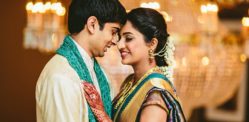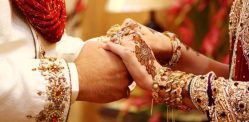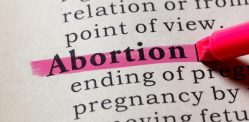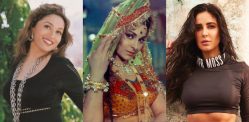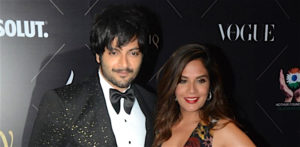“I married a third cousin from Pakistan, who my parents chose."
Arranged marriages, a time-honoured tradition deeply rooted in South Asian cultures, remain a part of Desi communities today in Asia and the diaspora.
Those from Desi backgrounds, such as Indian, Pakistani and Bengali individuals, continue to place importance on family and parental input in their marriage to varying degrees.
For British Asians, the tradition of arranged marriages has evolved over the generations, blending cultural values with modern ideals.
Technology has also played a role in changing how arranged marriages manifest and are navigated.
Arranged marriages can be exoticised when looked at through a Western lens, but they are an integral part of South Asian cultures and take different forms.
DESIblitz explores how arranged marriages have changed for British Asians in recent decades.
Traditional Arranged Marriages
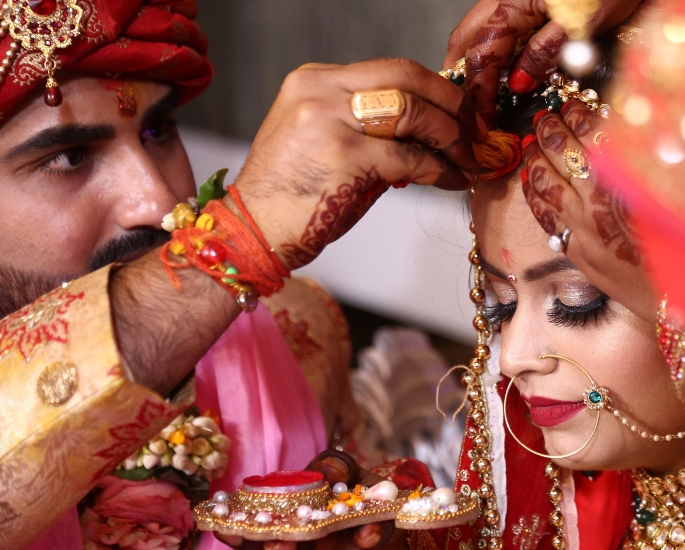
Traditionally, arranged marriages in South Asian culture meant parents and the elders of the family had complete control over choosing a spouse for their children.
Arranged marriages are starkly different to forced marriages.
Arranged marriages are consensual and occur between two people who do not know each other.
The conflation of arranged and forced marriages in the West is one designer Nashra Balagamwala stated needs to be changed. She made a game about arranged marriages and asserted:
“I wanted to create an innocent platform where families could talk about some of the silly aspects of my culture in a non-confrontational way.
“Like how a ‘good girl’ knows how to make a good cup of chai and doesn’t have male friends.
“Secondly, I wanted to explain arranged marriage to white people, so they could better understand the nuance of South Asian traditions.”
Initial media reactions to Balagamwala’s game highlighted how arranged marriages can still be misunderstood.
Agency and choice remain important when it comes to arranged marriages today.
For British Asians, especially the first generation, transnational arranged marriages were the norm.
Brit-Asians often returned to India, Pakistan, or Bangladesh to find a suitable match within their community and region.
Aliyah*, a 56-year-old British Pakistani, revealed:
“I married a third cousin from Pakistan, who my parents chose. I didn’t know how he looked until the wedding events began.
“Technology wasn’t like it is now, and attitudes were different. None of the adults saw a need for us to talk.”
“In arranged marriages today, each person knows at least how the other looks and can speak if they choose to.
“All the younger ones in my family who have had arranged marriages, met and talked with the person they were to marry. It happens with supervision in our family.”
Today, for some Brit-Asians, family involvement in finding a spouse remains important and valuable.
Shift From Traditional to Semi-Arranged Marriages
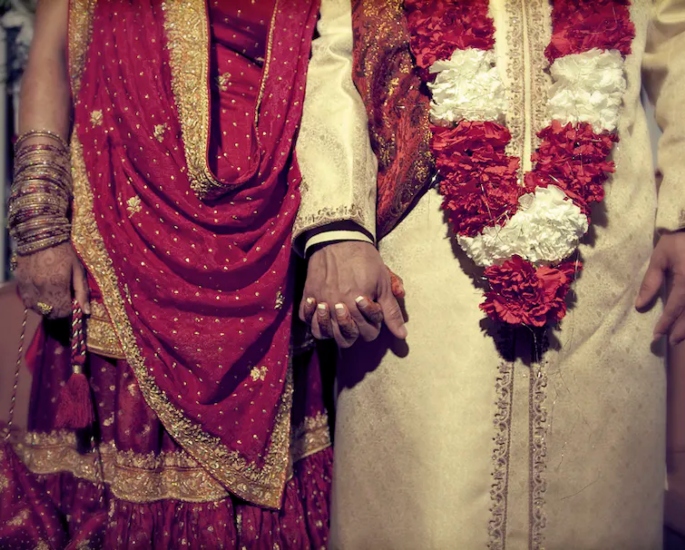
Historically, arranged marriages often involved parents/elders entirely choosing a partner for their children.
However, modern arranged marriages, especially for British Asians, have moved towards a more collaborative approach.
Semi-arranged marriages involve parents introducing candidates, but the couple is allowed time to build a relationship before deciding whether they have an engagement and then marry.
This format allows the prospective couple to get to know each other before marriage, bridging traditional values with modern relationship dynamics.
The process of a semi-arranged marriage and what it looks like can differ.
Shakira*, a 28-year-old British Bengali, stated:
“My parents went to a matchmaker with my CV and looked for men with CVs that looked like a good fit.
“My parents knew that you marry into the family too, so they made sure to vet everyone.”
“They narrowed it to three CVs, where the men were interested in meeting us, and I chose two and then, after the initial meeting with both families, narrowed that to one.
“We both clicked, and our families seemed to as well. We had a few supervised meetings; my sister or auntie would come with us.
“But then I discovered some things about him that had my instincts screaming, and I pulled out.
“We went to a different matchmaker, same process, and the second time was the charm; I ended up engaged and married six months later.”
Mohammed, a 31-year-old British Pakistani, after a love marriage that ended in divorce, asked his family for an arranged marriage:
“It took me two years to be ready, but I didn’t trust myself. My parents and older brother found a good rishta for me in Pakistan and here.
“I liked what I heard about the girl and family in Pakistan more than the one here.
“I met her when we visited Pakistan. We spent a month in Pakistan, visiting the family, before we had an official engagement.
“She was finishing her studies, so the marriage happened a year later. We regularly talked on the phone and did video calls all year and even after the marriage and waiting for her to come to England.”
Technology Plays an Important Role

The internet has revolutionised matchmaking among British Asians and the wider Desi community across the globe.
Platforms like matrimonial websites and social media have provided new ways for families and individuals to find potential partners.
These tools allow individuals more control in the process, with parents often acting as facilitators rather than primary decision-makers.
This shift has also made it easier for British Asians to meet potential partners who share cultural and personal values.
Technology has also helped those undertaking the journey of an arranged marriage to get to know one another.
For Mohammed, the video calls with his fiancé were invaluable in helping develop an interpersonal and intimate relationship:
“The video and phone calls helped us get to know each other and talk without family crowding us.”
“When we met in person, there were always people around; even when they tried to give us space, they were still there.
“Video calls and messaging helped us get comfortable with each other and be honest—honest in a way I never was with my first wife.
“My ammi says I should ‘be grateful to be born when I was making video calls, and so many phone calls possible and cheap’. She goes, ‘Back in the day, it wouldn’t have been as easy’.”
Similarly, Selena, a 34-year-old British Indian, said:
“I trusted my parents to find me a good rishta, but there was no way I was marrying a total stranger.
“Technology meant me and my fiancé could get to know each other. And we hung out together solo as much as we could.
“We both had super busy schedules and working in different cities; without technology allowing us to communicate, I wouldn’t have been comfortable marrying him when I did.”
Brit-Asians Sick of Swiping and Turning to Arranged Marriages?
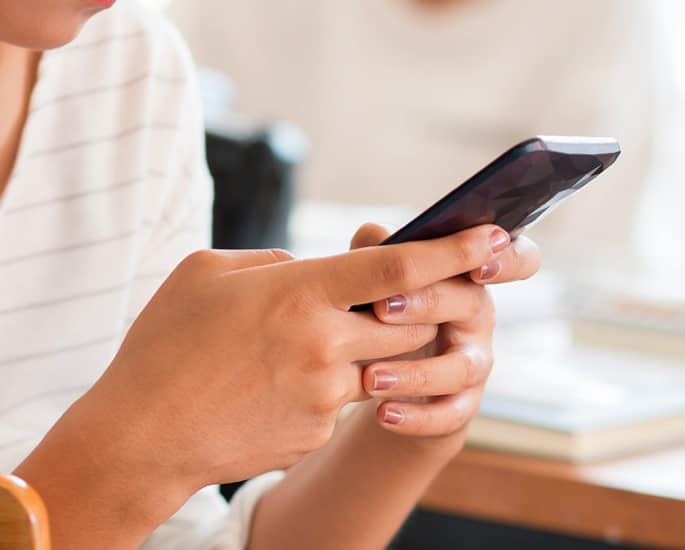
Technology can be like a double-edged sword.
On the one hand, it can be invaluable in helping a couple develop and maintain a relationship.
On the other hand, attempting to find a spouse via online platforms can lead to stress and frustration. Accordingly, some Brit-Asians turn from dating apps to arranged marriages.
Razia*, a 29-year-old British Pakistani who has been on multiple dating apps, both Muslim and other, said:
“The apps suck big time. Seriously, no joke, they are bad.
“Even putting in the bio ‘not here for time wasters’ or putting ‘want marriage only’ doesn’t help.
“After six years, I went sod it and asked my family, well my mum, to look for me. I never ever thought that would be me.”
Popular culture content in recent years, like the Netflix show Indian Matchmaking, has sparked an interest in arranged marriages but one that is exoticised. Looking in through a Western lens that sees something Other and curious.
However, modern arranged marriages within the Desi context are more complex and varied.
Indeed, Brit-Asian arranged marriages can vary from being uber-traditional to involving a simple introduction by families.
Harleen Singh, Associate Professor of Women’s Studies and South Asian Literature at Brandeis University, maintained:
“A dating app is only as successful as whatever programming has gone into it.
“Whereas when families are involved, they’re really thinking not just about the two individuals, but really about a much larger community partnership that’s coming together through those two individuals.”
Overarchingly, the first generation of British Asians largely adhered to traditional arranged marriage practices, including transnational matches.
In contrast, younger generations view arranged marriage as a choice rather than an obligation.
They seek more autonomy in selecting their partner while maintaining a connection to cultural traditions. This shift highlights the adaptability of arranged marriages to modern life.
While the practice may continue to evolve, arranged marriages remain an integral part of many British Asian communities, reflecting both cultural heritage and contemporary values.























































